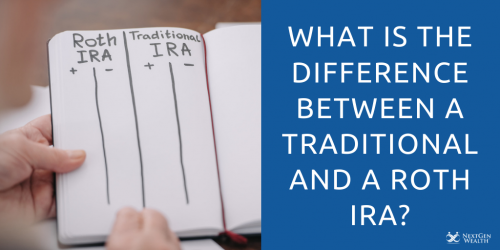This post was last updated on 31 December, 2024, to reflect all updated information and best serve your needs.
Planning for your retirement is the key to fully enjoying the fruits of your labor. Whether you have an IRA (individual retirement account), a 401(k) or other retirement account, you'll want to get the most out of it by maximizing your contributions. Understanding the contribution limits put in place by the IRS will help you maximize your savings.









